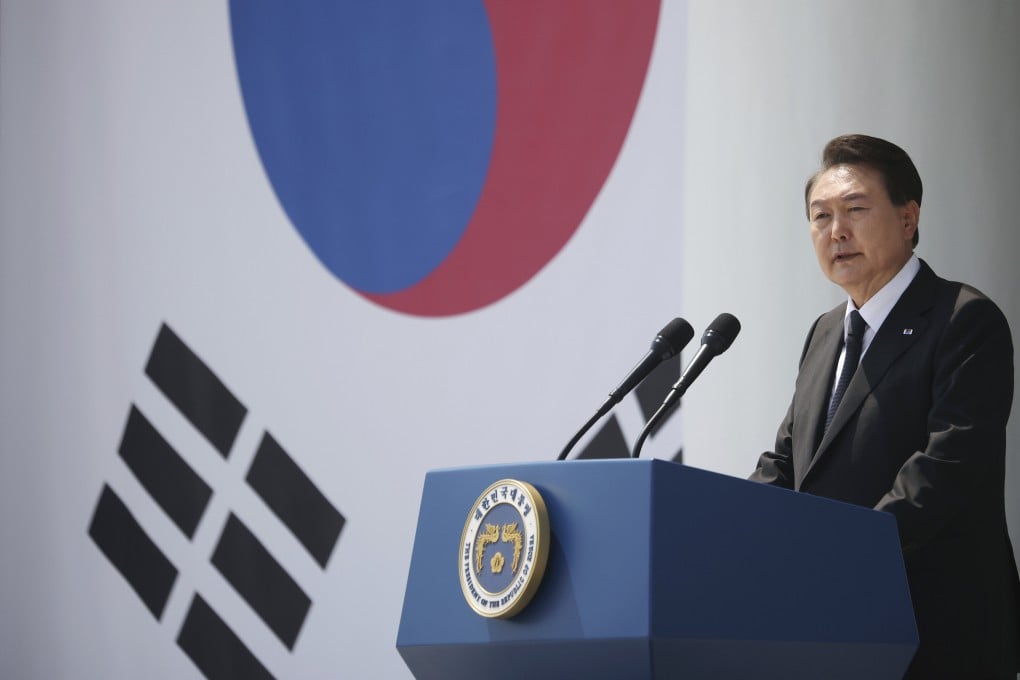Opinion | South Korea’s national security strategy recycles failed hardline approaches to Pyongyang
- South Korea’s plan is to boost deterrence, sanctions and response capabilities to North Korean threats – all methods that have failed to get Pyongyang to denuclearise
- Instead, Yoon’s government should build trust by working to resume exchanges, promote dialogue between the US and North Korea, and end the Korean war

The Yoon Suk-yeol government in South Korea says it wants to “foster a sustainable peace” on the Korean peninsula. That’s according to the administration’s recently published national security strategy, which outlines three main objectives: enhancing the safety of its citizens, establishing peace on the peninsula and preparing for future unification, and laying the foundation for East Asia’s prosperity.
Although these goals are worth striving for, the methods proposed by the Yoon government may not work. It argues that “real peace is only possible when supported by strong security” while emphasising the importance of strengthening the country’s military capabilities.
In particular, it lays out the need to secure “overwhelming capabilities through the Korean three-axis system”, the military strategy to counter North Korean nuclear and missile threats. In line with this, the “government will continue to enhance its high-yield retaliatory capabilities against North Korea’s military leadership and core facilities”.
The Yoon administration’s strategy also includes its intention to normalise inter-Korean relations, establish mutual respect and trust, and pursue dialogue with North Korea “without preconditions, maintaining a flexible and open stance”. Few details are provided, however, on how to achieve such progress.
Instead, the Yoon government’s strategy is centred on approaches that have been tried and which failed in the past. The document states that the administration’s goal is to strengthen deterrence, tighten sanctions and develop overwhelming response capabilities to North Korean threats, to “help create an environment where North Korea has no alternative but to abandon its nuclear and missile development”.
This way of thinking has not worked for decades. The international community has long expected North Korea to give up its nuclear weapons programme in response to external pressure, such as sanctions or deterrence, to no avail.
